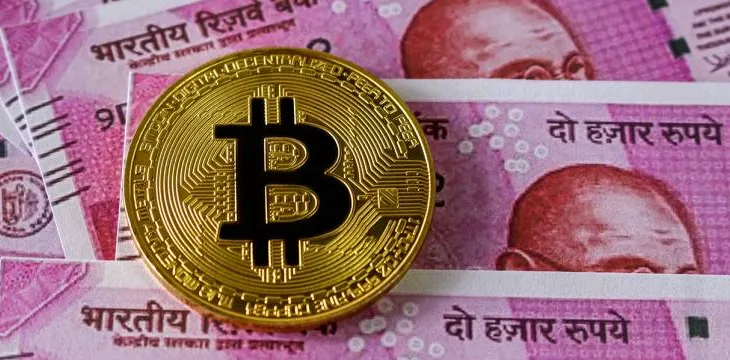|
Getting your Trinity Audio player ready...
|
The Reserve Bank of India (RBI) has excluded crypto-related startups from its regulatory sandbox. The RBI established the sandbox to facilitate innovation in the financial technology (fintech) industry, all while getting a better handle on emerging technology. While it will accept applications from startups applying blockchain technology, crypto startups will not be allowed to participate in the sandbox.
The RBI began the process of boosting India’s fintech space way back in July 2016. At the time, it established a working group whose mandate was to find ways to better regulate the industry so as to spur innovation. The group’s first proposal was the setting up of a regulatory sandbox which would enable the fintech industry to “increase efficiency, manage risks and create new opportunities for consumers.”
According to the draft framework published by the RBI, among the products and services that are eligible include money transfer services, retail payments, cyber security products and wealth management services. Startups applying smart contracts, digital identification services, mobile payments, artificial intelligence and blockchain technology will also be eligible.
However, there are notable startups that will not be eligible for the sandbox. They include startups dealing with credit registry, credit information and chain marketing services. As expected, startups that offer products or services that are banned by the Indian government will also be excluded.
Most notably, startups dealing with the trading, investing or settling of crypto assets will also not be eligible. Those that intend on issuing initial coin offerings will also be excluded from the sandbox.
This is just the latest assault on the crypto industry in India. In the past, the RBI has aggressively fought to push out crypto startups from the country, whose population exceeds 1.3 billion people. With such a high population, the country would have provided a very lucrative market for cryptos. Moreover, India has over 200 million people with no bank account, further making it the perfect market for digital currency.
However, this hasn’t been the case, with the RBI banning Indian banks from offering services to crypto startups. While the startups have fought back in court, the Supreme Court is yet to reverse the RBI’s directive.

 07-12-2025
07-12-2025 





